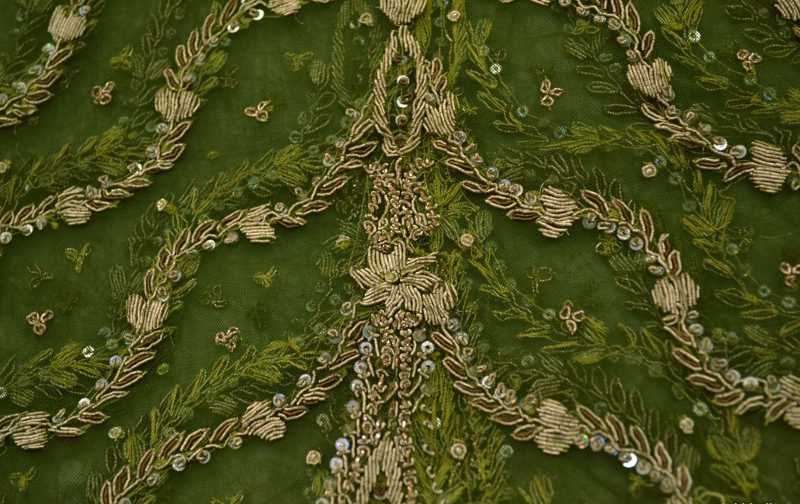===
0267,
3
===

=== |
 |
FWP:
SETS
MOTIFS == [DEAD LOVER SPEAKS]; ROAD
NAMES
TERMS == DRAMATICNESS; METAPHOR; PROOF; SIMILE; THEMEAs SRF points out, this simple observation in the past tense at once feels universal: it makes itself felt as applying to past, present, and future. And in addition, this simple observation describing only the speaker also makes itself felt as applying to everybody. There's an impersonality, an inevitability, to it all: how could grass in the roadway ever be imagined not to be instantly doomed? Yet with the monsoons, how could grass not helplessly spring up to meet this doom?
Compared to the handful of aristocratic, elegant, pampered flowers in the garden, who get to live out their whole natural life cycle before meeting their own doom, the countless humble roadway grass-blades (or more probably weed-stalks) are like poor peasants whose fate is immediate and endless oppression. They are the common greenery, born into a hopeless situation, 'foot-fodder', guaranteed a quick doom.
In this setting, sar uṭhānā has a special pathos. It can't help but evoke the Persianized sar-kashī , 'drawing the head [upward]' as a sign of 'rebellion, arrogance, insolence' (Platts p.648). The classic punishment for such 'high-headedness' is to have the head cut off; the allegorical imagery here goes straight back to Herodotus and Aristotle.
Yet of course here the helpless greenery, far from being arrogant, is barely 'lifting its head' in its earliest growth when it receives such a mortally severe and entirely undeserved punishment. As SRF observes, without a single unnecessary word, without the smallest concession to emotional language, the 'dramaticness' of the verse makes us feel the poignancy of the tiny grass-blades' doom.